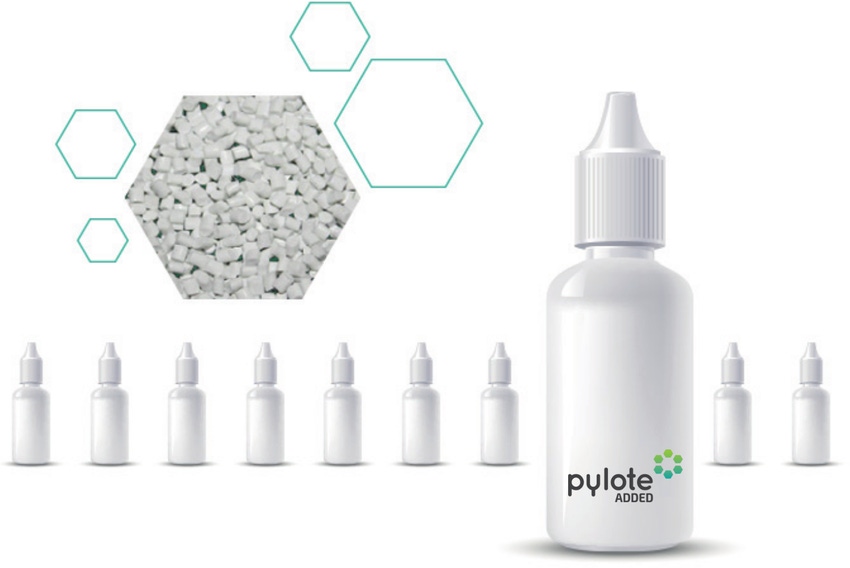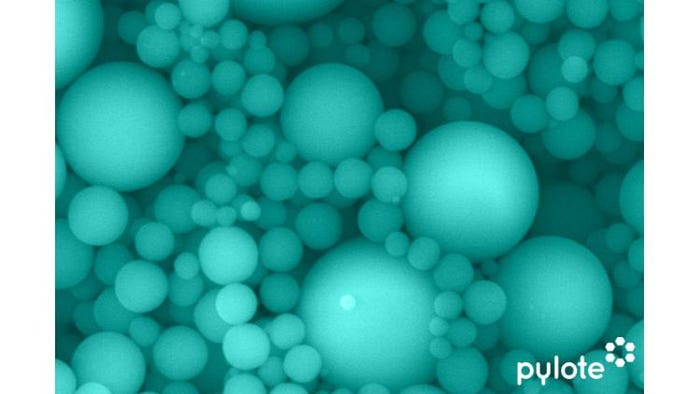New option for packaging preservative-free pharmaceuticals to be highlighted at Pharmapack Europe
February 1, 2016

Preservatives are typically used in pharmaceuticals to reduce the risk of microbial contamination, but there’s been some concern recently about potential side effects. Pylote SA Cofounder & CEO Loïc Marchin will be speaking at Pharmapack Europe on February 10 about Pyclear Protection, an alternative to preservatives that involves no change to packaging.
“Recent studies have shown that the use of classic preservatives in the formulation of ophthalmic products can have important side effects for patients,” says Marchin. “All these studies have led to European health authorities encouraging the use of unpreserved dispensers for ophthalmic use.”
Marchin points out that many alternatives for preservatives have presented other challenges. “The majority of existing solutions proposed require complicated changes to primary packaging design such as mechanical protection through filters, clip closures, or foam,” he says. “These generate a significant increase in the number of primary packaging constituents, diversity of raw materials, and therefore overall higher input costs and thus lower margins. Furthermore, these solutions do not maintain the microbiological cleanliness of the full length of the nozzles, thus increasing the risk of contaminated doses being applied.”
Marchin from Pylote will present Pyclear Protection, a solution that integrates mineral microspheres (see below) directly into packaging containers and materials by using the existing processes used to make them. His presentation is entitled “How packaging could be an innovative and eco-design shield to microbial contaminations: multidose ophthalmic solution case.”

“There is a safe and economic alternative to using preservatives in the preparation of multi-dose ophthalmic products that requires no change in either design or the parameters of packaging, the actual manufacturing/filling process, or the use of the final product,” says Marchin. It is “a major innovation that replaces preservatives in multi-dose eye drops but still protects the patient both from the risk of external contamination of the solution, and removes the risk of local tolerance problems encountered with the preservatives used in ophthalmic drugs.”
Marchin offers the following details about Pyclear Protection:
· Protection of the container and the contents, without interaction.
· A unique answer to get out of the single-dose products and multi-dose airless system and thereby reducing treatment cost.
· The solution can be applied to all existing products to the full length of the supply chain.
· � Improvement in supply security as the multi-dose packaging Pyclear Protection can be multi-sourced.
· The multi-dose preservative-free Pyclear Protection retains existing designs and ease of use of the three-part bottles.
· The weight of plastic per drop is considerably reduced comparatively to mono-dose or airless.
· The plastic for packaging Pyclear Protection is unchanged ensuring a full recyclability.
Devices using Pyclear Protection eliminate microbiological contamination by direct contact with 99.99% performance, Marchin explains. “This effect protects the tip of the microbiological from contamination due to unintentional contact with skin and/or lacrimal fluid,” he says. “Pyclear Protection ensures that the eye drop solution is protected against microbiological contamination during the treatment period and that patients receive clean and pure doses upon each application. Pyclear Protection requires no change in patient treatment methods, only the usual droplet application.”
Marchin adds that Pyclear Protection can also address needs of the medical device and drug markets (ophthalmics, catheters, nasal spray, eye solutions...), cosmetics, and food.
In addition to speaking on 10th February in a conference with Pr Philippe Arnaud, Hospital Pharmacist & Chief of Pharmacy Department at Bichat-Claude Bernard Hospital Paris and ANSM Expert, Marchin will be at Pylote’s Booth #851 February 10-11 at Pharmapack Europe.
About the Author(s)
You May Also Like




